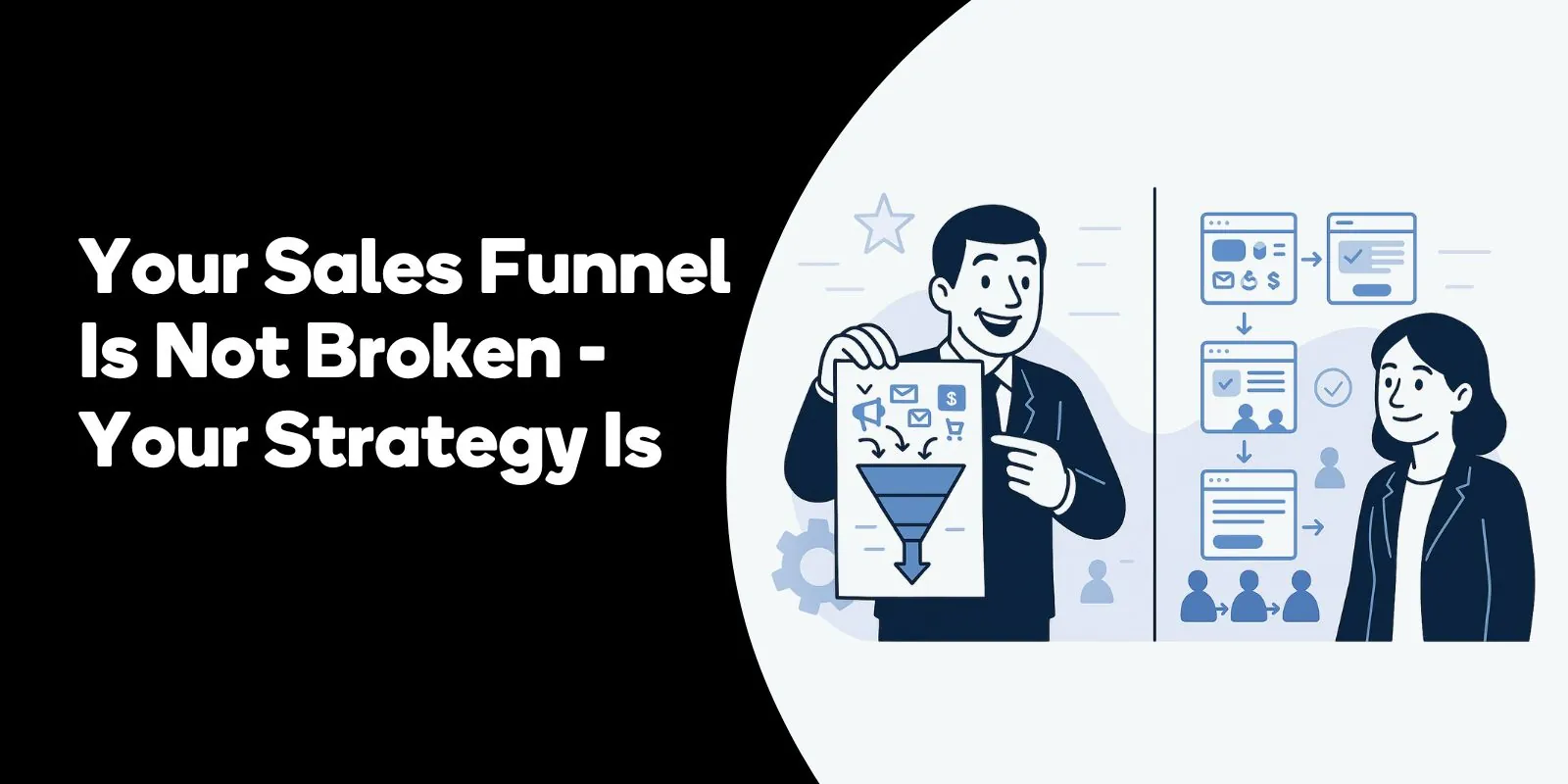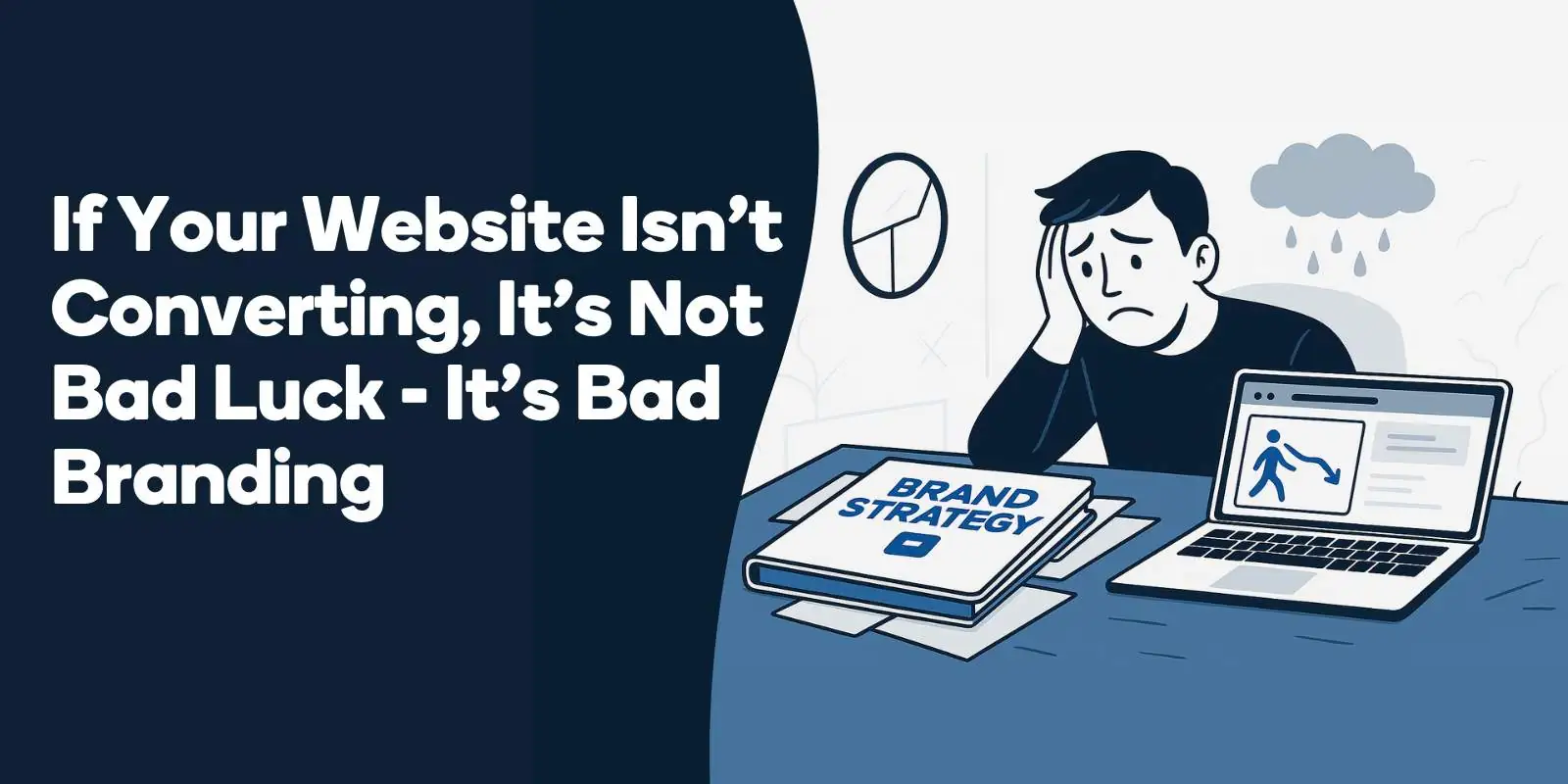Building an eCommerce business from scratch is all about site traffic. More site visitors mean more potential for sales and revenue.
In the online world, the battle for visibility occurs in the search engine rankings. Today, we are diving deep into one such battle: WordPress vs. Shopify for SEO.
“SEO is no longer just a job title, it has become part of everyone’s job description” – Rand Fishkin, Co-founder, Moz
What is SEO and Why Does It Matter?
Search Engine Optimization (SEO) is the art of improving your website’s visibility for relevant keywords on the search engine results page (SERP).
When we talk about search engines, we primarily refer to Google, which holds a significant monopoly in the search market.
To improve your site ranking, SEO techniques such as keyword optimization, site speed improvement, user experience enhancement, and other technical aspects are applied. The importance of SEO cannot be overstated.
According to Moz, the first page of Google accounts for 71.33% of clicks, while pages two and three see only 5.59% of clicks. Of that 71%, the first five results receive 67.6% of clicks. In short, it’s a winner-takes-all game. If you’re not ranking, you’re not getting noticed.
WordPress vs Shopify: The SEO Showdown
For eCommerce business owners, two primary platforms to consider are WordPress and Shopify. These website builders, tailored towards online retailers, boast numerous SEO tools to help you rank in Google. But which is better? Let’s take a look.
WordPress SEO: Pros and Cons
Hosting more than 43% of all websites on the internet today, WordPress is phenomenally successful. Its popularity means it offers numerous plugins and tools for SEO.
Pros of WordPress SEO:
- URL Customization: WordPress allows for URL customization. Google’s crawlers can better file your website with an optimized URL. WordPress users can control their permalinks to improve their SEO standing.
- Variety of Plugins: WordPress boasts a vast range of SEO plugins, including Yoast SEO. Site owners can customize names, meta details, image compression, and more to boost site ranking.
- Blogging: WordPress began as a blogging site. Creating keyword-rich blog posts is an effective way to target certain search terms.
Cons of WordPress SEO:
- Slow Site Speed: Site speed is a significant factor for SEO. Poor plugins, image resolution issues, and server problems can impact your site’s loading speed on WordPress.
- Manual Work: Self-hosted WordPress sites can be demanding. Many details must be manually set inside WordPress, which can affect your site’s performance if done incorrectly.
- Poor Mobile Optimization: Many WordPress themes are not responsive to mobile devices. As mobile searches increase, this can become a significant disadvantage.
Shopify SEO: Pros and Cons
With over 1 million active websites, Shopify is a popular eCommerce platform known for its ease of use.
Pros of Shopify SEO:
- Built-in SEO Features: Shopify offers built-in SEO features like custom title tags, meta descriptions, and URL structure optimization.
- Speed and Performance: Built on a cloud-based infrastructure, Shopify allows for fast loading times and optimal performance.
- Mobile Optimization: All Shopify themes are responsive to different screen sizes, crucial in today’s mobile-first world.
Cons of Shopify SEO:
- Limited Customization: Shopify’s built-in SEO features are more limited in terms of customization compared to WordPress.
- Fewer Plugins: Shopify’s app store is not as extensive as WordPress’ plugin directory.
- Cost: Some of the apps in the Shopify store are paid, and the cost can add up over time.
The Final Verdict: Is WordPress or Shopify Better For SEO?
After evaluating both platforms, it becomes clear that there’s no one-size-fits-all answer. The right choice depends on your specific needs and technical abilities.
“SEO is not something you do anymore. It’s what happens when you do everything else right.” – Chad Pollitt, Co-founder, Relevance.
WordPress: A Powerhouse for Customization
If you value a high degree of customization, WordPress might be the right choice. The multitude of plugins available allows you to tweak many aspects of your SEO strategy. This platform is particularly beneficial for businesses relying heavily on content marketing, thanks to its robust blogging capabilities.
Tip: Make the most of WordPress by exploring its wide variety of SEO plugins. Tools like Yoast SEO can help optimize your meta tags, URL structures, and provide valuable insights into your content’s SEO performance.
Shopify: User-friendly and Streamlined
Shopify, on the other hand, offers a more user-friendly experience and comes with built-in SEO features that are easy to use, even for beginners. Its superior speed and mobile optimization make it a strong contender in the eCommerce space.

Award-Winning
Sales Funnel & Website Expert
Ready for Revenue – Not Just “Traffic”?
- Websites that Work: Clean, fast, built to convert – no design fluff.
- Funnels that Sell for You: Step-by-step paths that turn clicks into paying customers.
- SEO That Hunts Buyers: Show up exactly when prospects reach for their wallets.
Tip: Leverage Shopify’s built-in SEO features like automatic sitemap generation and URL customization. Also, consider investing in premium themes and apps that can further optimize your site for search engines.
Wrapping Up: WordPress or Shopify – The Power is in Your Hands
Both WordPress and Shopify have proven to be titans in the realm of eCommerce, armed with a robust arsenal of SEO tools. Each platform offers a unique set of advantages, designed to cater to various business needs and technical skills.
WordPress, with its unparalleled customization possibilities and rich blogging features, truly shines for those who wish to engage in a hands-on approach to SEO and content marketing.
On the other hand, Shopify’s user-friendliness, speed, and inherent mobile optimization make it a prime choice for businesses focusing on a streamlined, efficient eCommerce experience.
It’s critical to remember that SEO is not a one-time task but a continuous process. As the SEO consultant Jill Whalen famously said, “Good SEO work only gets better over time.
It’s only search engine tricks that need to keep changing when the ranking algorithms change.” It’s all about consistency, strategic adjustments, and keeping up with changing SEO trends.
Ultimately, the platform that will emerge as the best choice for your eCommerce venture is the one that resonates most closely with your business model, technical proficiency, and strategic objectives.
Take into account your business’s unique needs, the nature of your eCommerce store, and your long-term goals when making this pivotal decision.
By understanding and leveraging the strengths of your chosen platform, you’ll not only maximize your online visibility and search ranking potential but also provide an enhanced user experience for your customers. In the dynamic world of eCommerce, the power to drive success is indeed in your hands.
Frequently Asked Questions
Is Shopify any good for SEO?
Yes, Shopify is indeed good for SEO. Shopify provides a range of SEO-friendly features that help improve your online store’s visibility in search engine rankings. It allows you to edit meta tags, create custom URLs, use SSL, and automatically generates sitemaps.
Shopify also supports the integration of various SEO apps from its marketplace for more advanced SEO capabilities. However, it is essential to remember that good SEO results come with consistent efforts, including high-quality content, proper keyword usage, and gaining authoritative backlinks.
Does WordPress have better SEO?
WordPress, with the right SEO plugin like Yoast SEO or Rank Math, can provide more advanced and flexible SEO options compared to many other platforms, including Shopify. WordPress is an open-source platform, which means it allows for greater customization and gives you more control over the technical aspects of SEO.
You can optimize your site structure, headings, meta tags, and can use a variety of plugins to further enhance your SEO strategy. However, it requires a bit more hands-on management than platforms like Shopify, and it might have a steeper learning curve for non-tech-savvy users.
Which eCommerce platform is best for SEO?
The “best” eCommerce platform for SEO can vary depending on your specific needs and technical capabilities. However, as of 2024, WooCommerce (operating on WordPress), Shopify, and Magento are considered top-tier platforms for SEO. WooCommerce offers advanced SEO capabilities when paired with robust SEO plugins on WordPress.
Shopify provides a user-friendly platform with solid SEO features and easy integration of SEO apps. Magento, while requiring more technical knowledge, offers powerful customization options for SEO. Ultimately, the best platform also depends on your specific business needs, resources, and SEO goals.
How much does Shopify charge for SEO?
Shopify doesn’t directly charge for SEO because SEO features are built into the platform itself. You can access these basic SEO features—such as editing meta descriptions and URLs, SSL certificates, and generating sitemaps—regardless of your Shopify plan, without any additional charges.
However, for advanced SEO features, you might choose to use paid SEO apps from the Shopify App Store, and these would come with their own costs. Remember, successful SEO also involves factors outside the platform, such as content creation, keyword research, and link building, which might incur additional costs depending on how you manage these tasks.







